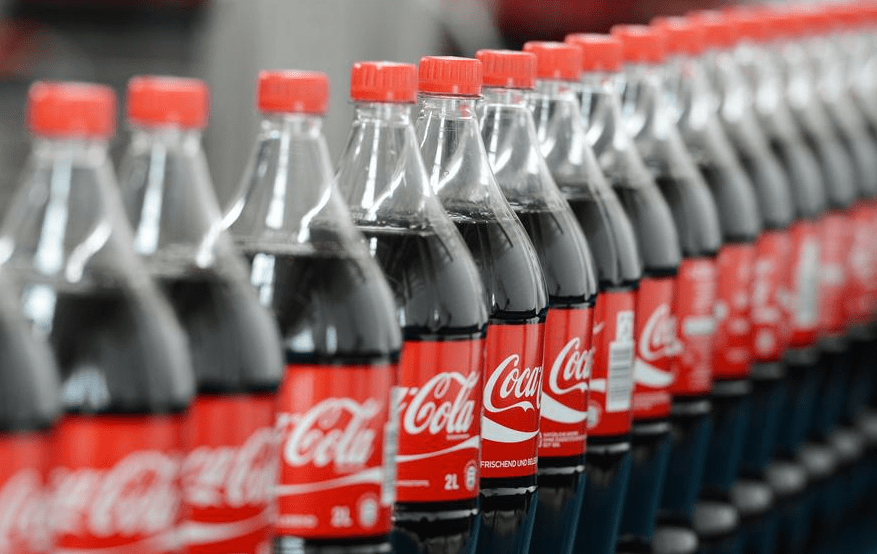
Coca-Cola is going to great lengths to transport its raw materials by using bulk shipping vessels amid the ongoing shipping crisis.
The carriers, which are normally used for loose goods such coal, grain and others, were chosen because the beverage company could not get the shipping containers and cargo space needed for transportation.
Coca-Cola’s Procurement Director, Alan Smith, wrote in a post on LinkedIn that the company is currently using three of these ships to transport manufacturing materials.
Due to shortages delaying transportation, and in extreme cases halting it altogether, companies like Coca-Cola have had to get creative with the transportation of goods and materials across the world.
Retailers like Costco and Target have chartered their own cargo ships, finding creative ways to combat these issues, but ports are still backed up causing mass delays because of the ongoing labor shortage and the increasing number of ships back on the ocean.
Coca-Cola is attempting to avoid major ports to further prevent delays, according to comments on Smith’s post.
“For these we are heading to some non-congested ports so we are hoping for a smooth discharge. Good coordination is vital on both the planning and the operations side for loading and discharge,” Smith wrote.
The ongoing supply chain crisis combined with shipping delays have already created shortages and price hikes across the United States of America and some other countries. In September, Coca-Cola’s New York distributor said it was having a hard time recruiting truckers, further disrupting the supply chain,
Other goods and products like paper, Nike sneakers, toilet paper, computer chips, and plastic goods are also in short supply as manufacturers try to meet demand amid the delays.
Copyright Ships & Ports Ltd. Permission to use quotations from this article is granted subject to appropriate credit given to www.shipsandports.com.ng as the source.